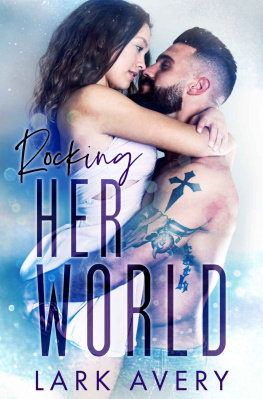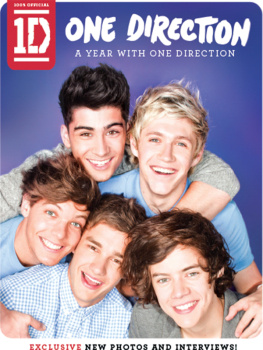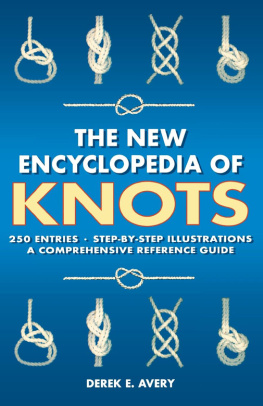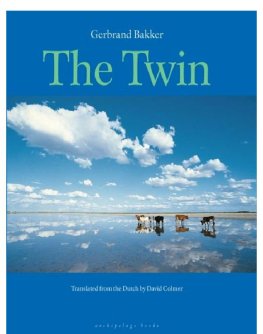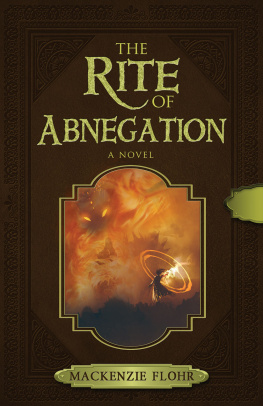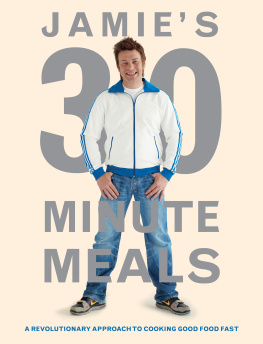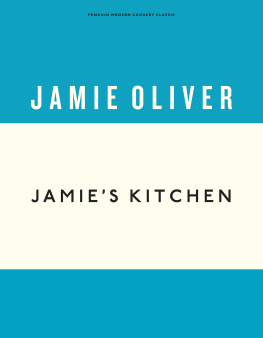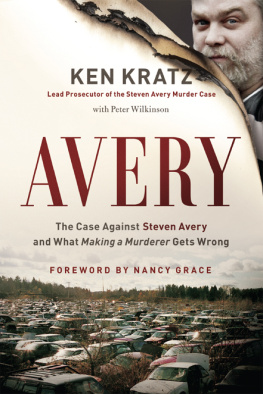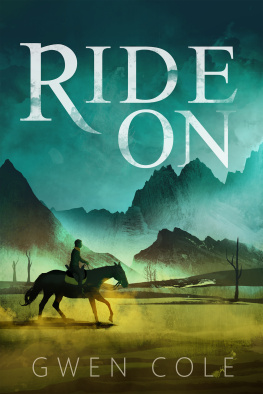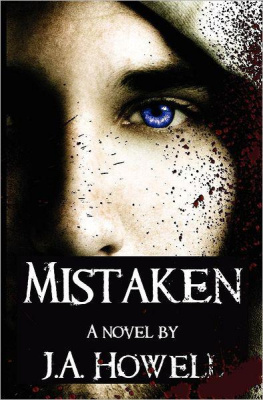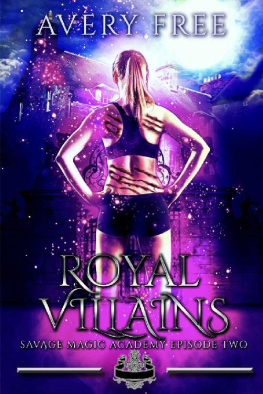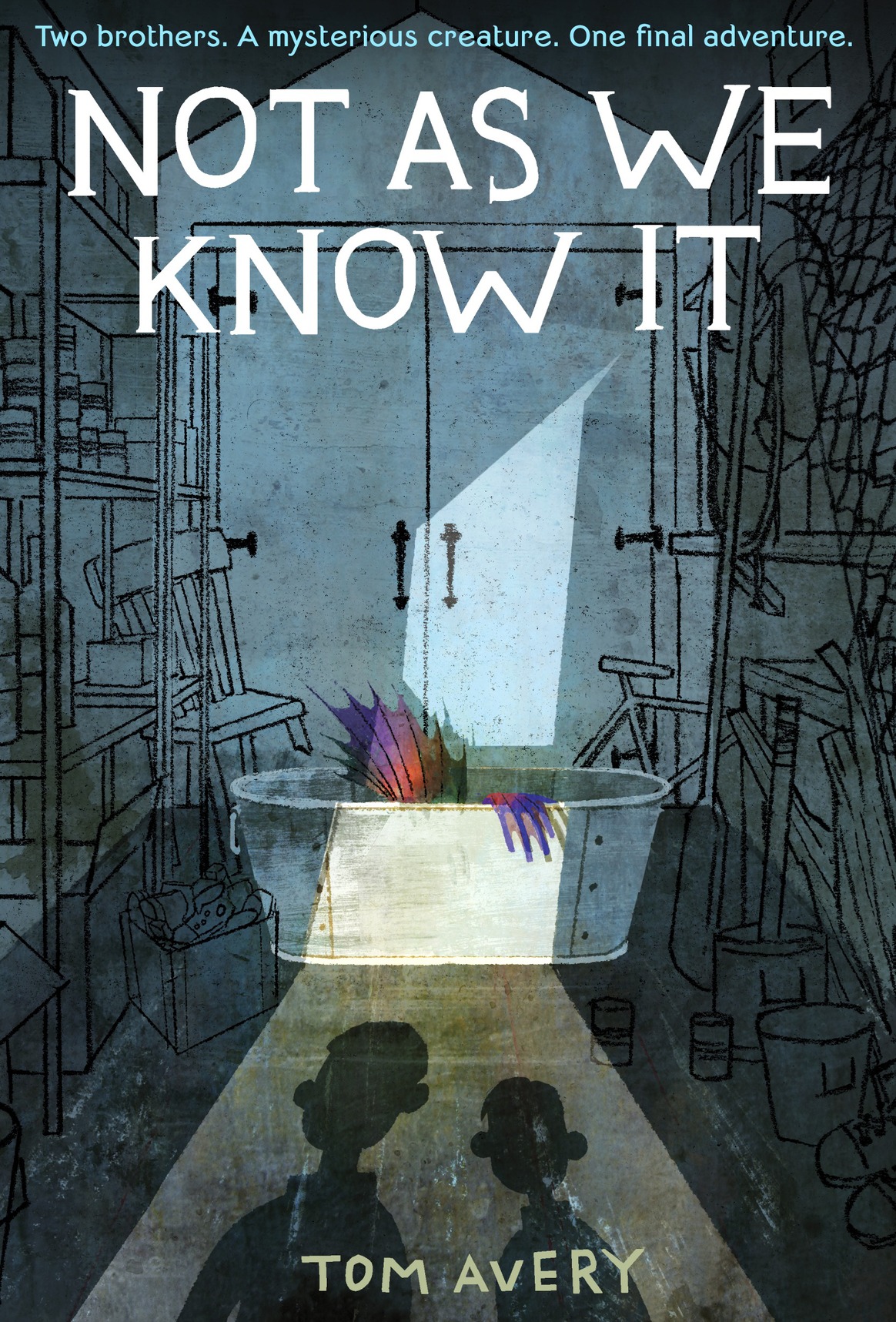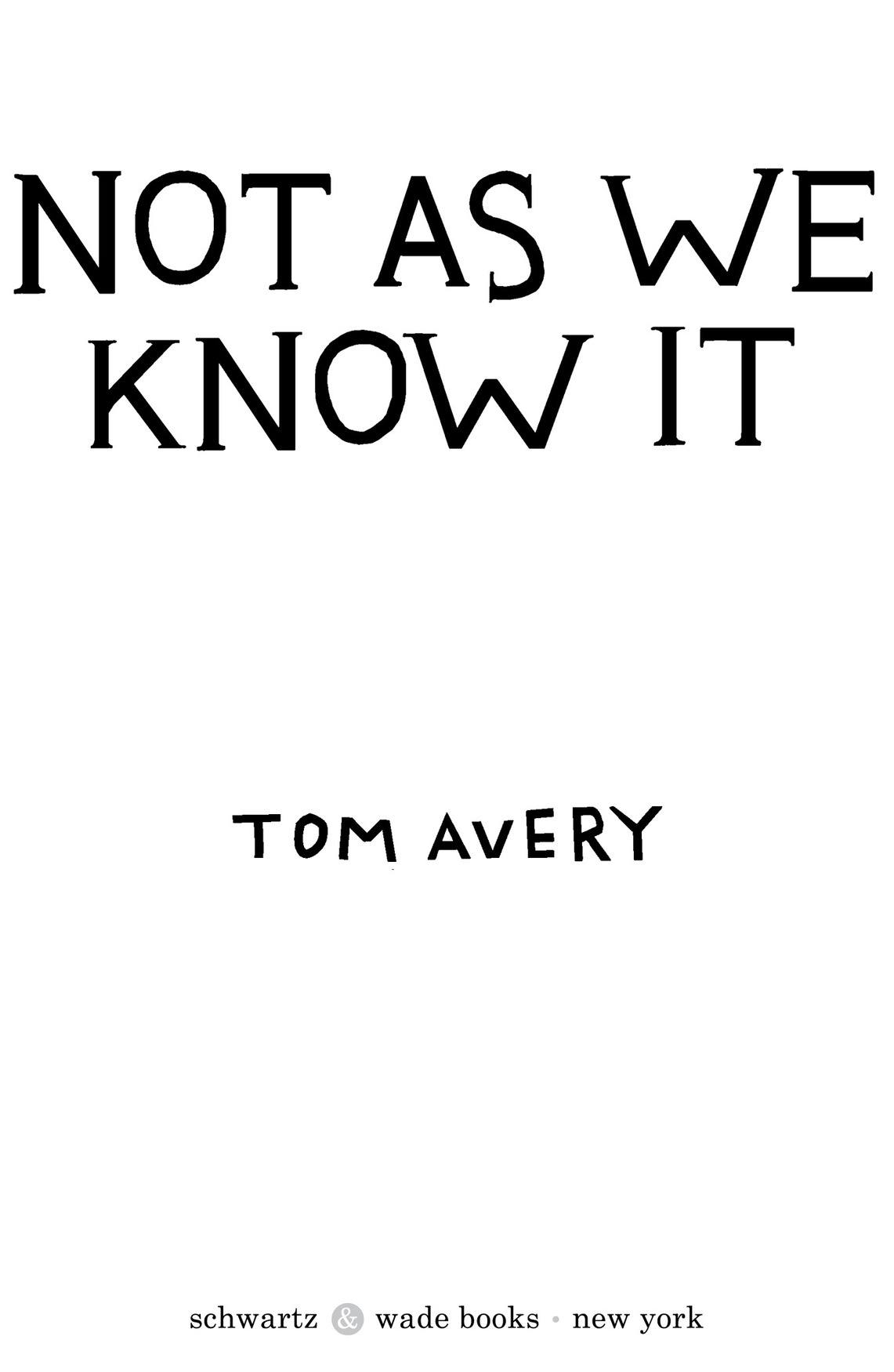This is a work of fiction. Names, characters, places, and incidents either are the product of the authors imagination or are used fictitiously. Any resemblance to actual persons, living or dead, events, or locales is entirely coincidental.
All rights reserved. Published in the United States by Schwartz & Wade Books, an imprint of Random House Childrens Books, a division of Penguin Random House LLC, New York. Originally published in paperback in different form by Andersen Press Limited, London, in 2015.
Schwartz & Wade Books and the colophon are trademarks of Penguin Random House LLC.
Educators and librarians, for a variety of teaching tools, visit us at RHTeachersLibrarians.com
Not as we know it / Tom Avery. First American edition.
Originally published in paperback in different form by Andersen Press Limited, London, in 2015Copyright page.
Summary: Can a mysterious sea creature save eleven-year-old Jamies very sick twin brother?
ISBN 978-0-553-53509-9 (hc) ISBN 978-0-553-53510-5 (glb) ISBN 978-0-553-53511-2 (ebk)
[1. BrothersFiction. 2. TwinsFiction. 3. Imaginary creaturesFiction. 4. Cystic fibrosisFiction. 5. BeachesFiction.] I. Title.
Random House Childrens Books supports the First Amendment and celebrates the right to read.
Its life, Captain, but not as we know it.
A storm came to Portland. In the night it threw itself against our windows. The thunder called to us. Black clouds gathered across the island. The days were dark.
When storms are finished, Chesil Beachthe stony bank that connects our tiny island in the English Channel to the mainlandis always littered. Driftwood, tangled balls of fishermens nets, glass bottles and plastic packets, all lie like Gods rubbish, spilt from a heavenly bin bag.
Theres treasure too. Ned and I go searching amongst the junk. We claim the choicest gems, make them our prize and take them home to our trove.
Dads low garage has never been big enough for his van. Its a low brick building that doesnt hold a car either. Instead, its bursting with the salvage of a dozen storms.
We have collected shoes in all sizesfrom a babys leather bootie to a yellow rubber wader. Theres a box of bones that sits on a high shelf, topped with a cows skull. In an old paint tin stands a rusted and broken knife as long as my forearm. Three forks rattle in the tin when we fetch it down; we are always on the lookout for spoons.
Hats and a leather bag with a golden clasp. A little whale carved from bone. Unopened cans of food, all label-less. A hairbrush. Childrens toys, and books swollen and cracked by the seas waves and the suns rays. All kinds of fishermens tackle hangs about a life-ring that probably saved no ones life.
Some things took both of us to drag back along the beach: a bicycle frame; a chair with a missing leg; a long, thick oar; a metal tub, like a small bath, that sat in the very middle of the garage.
Once we found the rotted carcass of a seal. Ned said we should take it home as part of our mission to seek out new life. The light was failing by the time we got it off the beach and up, up the coast path to our stone cottage and brick garage. Mum made us bury it.
As ever, with this latest storm, wed waited, watched the lightning, whooped at the crack of thunder. The storm passed and Dad left early for work. One fence panel was down. Mum said to fix it before I thought about doing anything else. I pushed it into place and nailed it to the post. I could hear Ned, inside on the sofa, coughing his lungs up as Mum beat on his chest. I hammered harder and hummed the Star Trek theme tune.
Tony, one of our neighbors, Dads mate, beeped his horn as he drove past. I waved. He winked and nodded, his policemans helmet bobbing up and down.
From next door, Mrs. Clarke called over the fence, Will you keep it down!
Sorry. Im nearly finished.
She huffed, closed the door and returned to her kitchen, glaring from the window.
I hammered the last nail in place as Ned, his treatment over, flew through the front door. Free! We mounted our bikes and coasted down the long hill before leaving them where the beach began.
Come on, my brother called, crunching along the top of the bank.
The sky is always deepest blue after nights of wind and rain. I could see only blue and blue and Neds scrawny body, scrabbling away from me.
My brother began the usual introduction to our hunt, borrowed from our favorite program: These are the adventures of Ned and Jamie.
I joined in, laughing and putting on my best Star Trek voice. Their continuing mission to explore strange new places, to seek out new life and junk on the beach. To boldly go
Where no man has gone before, Ned finished, and we chuckled as we kept on trekking.
Our sack was empty. Our eyes scanned the shoreline. Neds thin plimsolls kicked through the flotsam.
Get off, he said to a strand of brown seaweed that clung to his leg. He shook it till a coughing fit took over.
The gulls crawked above us. Maybe if Id listened carefully, Id have heard them call a warning. Beware.
When Ned was done, I knelt and peeled the weed from his bony ankle. Home? We could try again later, I said. I didnt want to go home, but some things are more important than what I want.
Ned pulled the face that said he was fine: eyebrows up, big smile drawn from ear to ear. We havent got anything yet, he said.
I eyed my brother, scratched my chin, then nodded.
We climbed back to the top of the bank. We stood a while, breathed the salty air and watched the cars, ferrying people on and off the island along the road parallel to the shore. Then our searching gazes followed the long curve of the beach to where the frothy sea met pebbles.
A fisherman, his long pole spiking up and out to the sea, stood within shouting distance. A couple, hand in hand, trudged towards us from the island. Apart from those few, the beach was ours.
We stared at a murky patch of browns and greens, beyond the fisherman. A tangled web of seaweed like that could hold treasure. Or it could be ten minutes wasted, picking through slime.
Lets do it, Ned said.
We kept to the crest of the gravel wave, taking slow steps. The beach moved beneath our feet, stones running away down each side, toward the English Channel on our left and Weymouth Harbour on our right.



